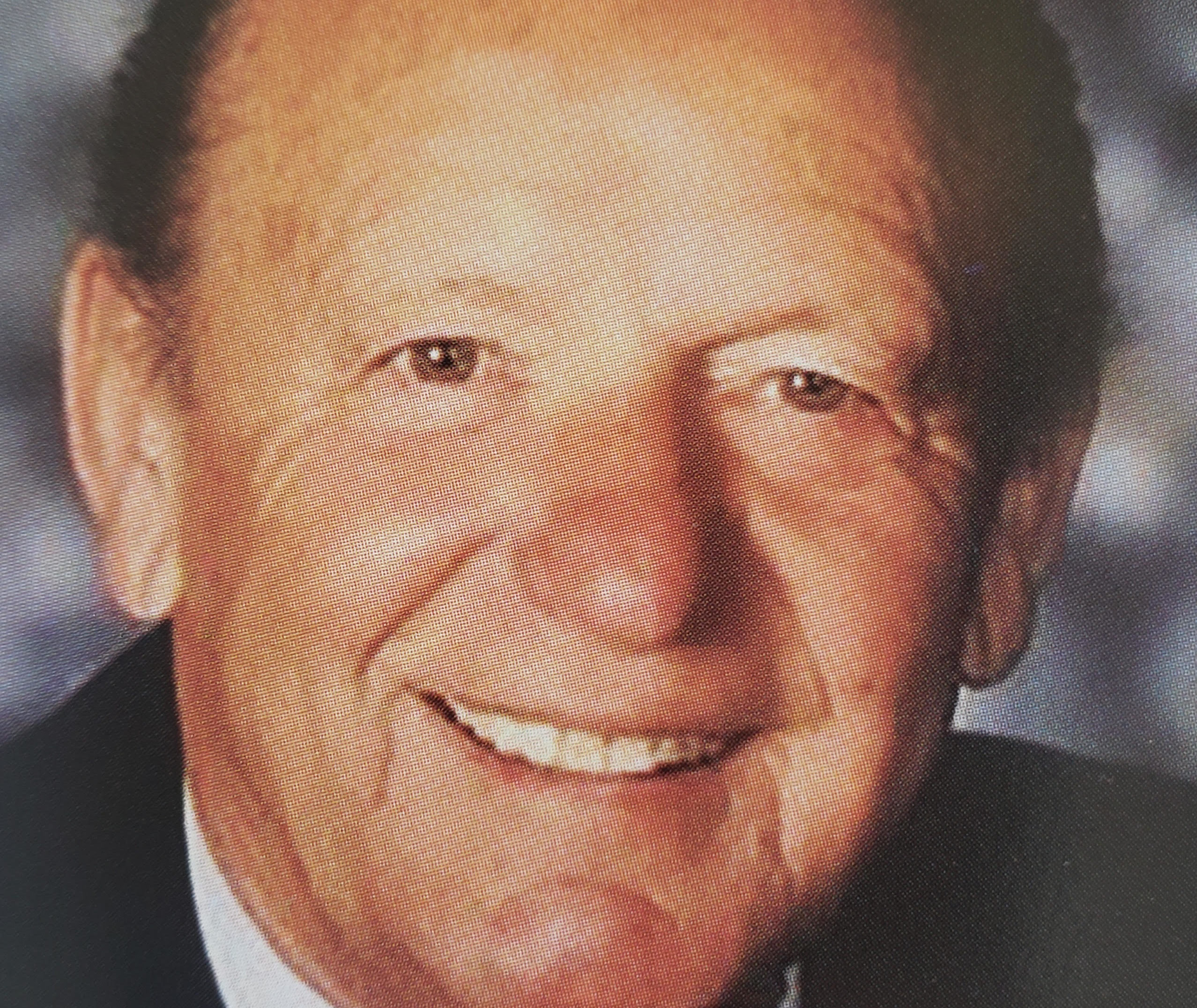People who ran into Alex Eisen, whether on the street or at his “office”—a corner table at Bagel Plus on Sheppard Avenue—would come away wondering whether his suit jacket had been outfitted with extra pockets.
That’s where he kept dozens of tickets to virtually every Jewish or Israel-based fundraising event in Toronto—dinners, galas, brotherhood breakfasts, golf tournaments, you name it.
A consummate salesman whose pitch combined humour with a sense of duty, the tickets didn’t stay in his bulging pockets very long.
The arm-twisting was always gentle and he rarely took no for an answer, but it was for a good cause. Eisen’s favourities included Reena, Beit Halochem, Jewish National Fund, the Canadian Society for Yad Vashem, Baycrest, Canadian Friends of Akim, the Israel Cancer Research Fund, and Beth David Congregation, which he helped found.
He held special esteem for organizations that cater to the developmentally disabled, as his son Marvin was born with special needs.
A Polish-born Holocaust survivor and educator who found success in business in Canada and raised millions for charities, Eisen died in Toronto on March 24. He was 94.
His commitment to tzedakah was “non-negotiable,” Rabbi Philip Scheim, rabbi emeritus at Beth David, eulogized at Eisen’s funeral, “as was his resolve to doing his part to build a stronger Jewish world, a safer and more vibrant and thriving State of Israel, a more successful and significant synagogue, and a society more accommodating and sensitive to the needs of those with disabilities and special needs.”
He was born in Krakow in June 1927 to Chana Bayla Eisenman and Mordechai Greenberg Mosinger, a Gerer chassid (some red tape meant Alex had to take his mother’s maiden name). His father owned a paper bag and printing business, and it was a comfortable, happy home.
But by the summer of 1941, the family was shunted to a village called Zabava and later to another, Wielichka, where they lived in a single room for six months.
According to Eisen’s cousin, Les Saperia, details at this point became murky, but young Alex went to work for Holocaust hero Oscar Schindler, making pots and pans. “He told me that he ate OK but never enough, and he never got beaten,” Saperia related at Eisen’s funeral. “He met Schindler but they never spoke.”
The following summer, the Nazis split the family up, and Eisen never saw his parents and sister Rose again. He ended up staying with a grandmother. Sometime in 1943, she was in a hospital, where Nazi troops walked in one day, shot every Jew, and threw the bodies out the windows. Eisen was a witness.
He worked for Schindler, on and off, until May 1944, when he was shipped to a total of six or seven slave labour and concentration camps, and endured several forced marches. He ate grass to survive. By war’s end, he weighed 70 pounds and could not get out of bed.
Despite the horrors, Saperia said he rarely saw Eisen depressed or bitter. “I never witnessed hatred. I knew there were private moments that he had to struggle with himself, as we all do, but I felt he never gave in to those dark feelings.”
Eisen came to Canada in the late 1940s to join family and married his wife, Olga in 1952. Their daughter, Cindy Wodinsky, relates that Eisen got his start here as a furrier and would boast that he could match Persian lamb skins better than anyone.
He then went into real estate and construction of strip malls and office buildings. He owned a tavern on Bloor Street East for a time, then became co-owner of the Nag’s Head Tavern, both at the original location at York and King streets, and later branches in the Eaton Centre and east-end Toronto.
One pet project of his was building the Holocaust monument in Earl Bales Park, unveiled in the early 1990s after years of work and fundraising. “There were many hurdles and even objections to the site,” recalled Joel Dimitry, who chaired the Canadian Society of Yad Vashem at the time. “But if you knew Alex, you knew when he set a goal, it got done.”
Added Dimitry: “He sold me tickets to many charities I never even knew (about). I’ll miss his good nature and gift for helping us all do the right mitzvah.”
One especially meaningful achievement began around 25 years ago when Eisen approached Rabbi Scheim with a question. Why, he wondered, did Jews read the Megillah on Purim, recalling events from thousands of years ago, but lacked a text to observe on Yom ha-Shoah to recall the horrors of the recent Holocaust? He answered his own question: There needed to be one.
Rabbi Scheim took the idea to the Rabbinical Assembly, which endorsed it, and it partnered with the Schechter Institute of Jewish Studies, a Jerusalem-based educational organization. In 2003, the Megillat Hashoah (The Shoah Scroll) was created, comprising prayers and readings. Today it is read, in several languages, around the world on Yom ha-Shoah—“a tribute to one man’s vision and his refusal to back down from his mission to strengthen our community, Israel, our Jewish world, in whatever way he could,” Rabbi Scheim noted.
The rabbi credited that nature to the “Alex Eisen gene”—an “innate resolve to transform pain into passion, challenge into opportunity.”
Eisen “lived his life within the framework of tikun olam, improving the world, leaving it in a better condition than when he found it,” stated his death notice. “He did so humbly, without seeking any recognition or praise.”
He is survived by his children, Cindy and Marvin, and grandchildren Menashe, Aaron, and Shoshana. His wife, Olga, died in 2015.
